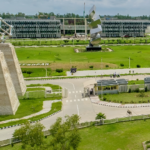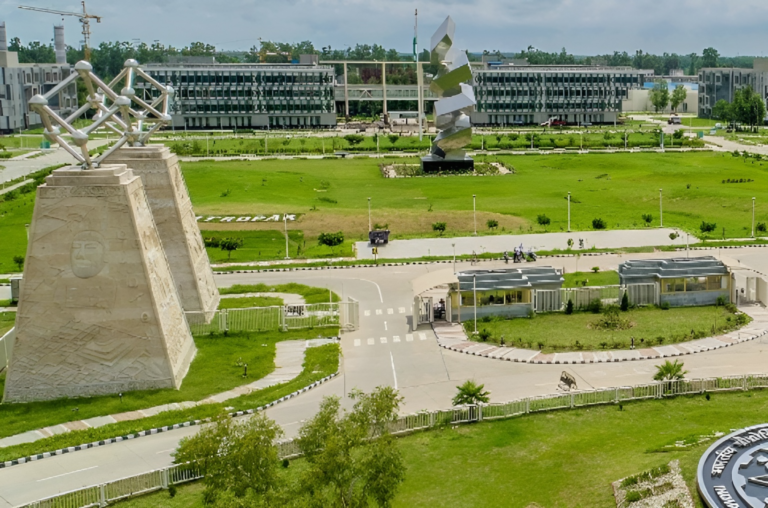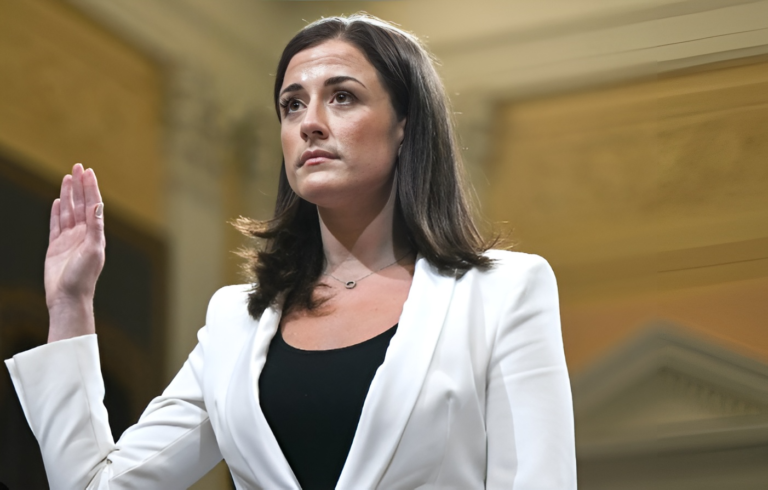The Lingering Threat: Rising Heart-Related Complications Post-Covid
Heart Attack Cases : Over three years have passed since the Covid-19 pandemic shook the world to its core, and its after-effects continue to ripple through our lives. Among the myriad health concerns that have emerged during this period, a particularly alarming trend is the surge in heart-related cases post-Covid. This phenomenon is a cause for concern and has prompted cardiologists worldwide to shed light on the pressing issue.
Several factors contribute to the alarming rise in heart-related complications post-Covid. Indians, in particular, face a higher risk of heart attacks due to a combination of factors, including dietary habits, a high incidence of diabetes, hypertension, dyslipidemia, genetic predisposition, increasing obesity rates, sedentary lifestyles, and smoking. The Covid-19 pandemic has only exacerbated these existing risk factors, making it imperative to address this growing health crisis.
Research indicates that Covid-19 can directly impact the heart by causing inflammation of veins and blood vessels while damaging their linings. This inflammation, combined with the body’s immune response to the virus, can lead to various heart complications, ranging from myocarditis (inflammation of the heart muscle) to pericarditis (inflammation of the lining around the heart). These conditions weaken the heart and may result in long-term health issues.
Furthermore, the stress and anxiety induced by the pandemic can act as triggers for heart attacks. The fear and uncertainty surrounding Covid-19 have taken a toll on individuals’ mental and emotional well-being, which can, in turn, have adverse effects on their cardiovascular health.
Dr. Ajay Kaul, Chairman of Cardiac Sciences at Fortis Hospital, highlights that Covid-19 increases the risk of blood clot formation, which can affect blood vessels supplying the heart, potentially leading to heart attacks and other cardiac issues. Dr. Kaul emphasizes that the virus’s direct impact on the heart can cause lasting damage, necessitating careful monitoring and proactive interventions.

Dr. Sameer Gupta, Senior Interventional Cardiologist and Director of Metro Group Cardiology & CTVS at Metro Hospital, Noida, points out several reasons behind the upswing in cardiac problems post-Covid:
- Delayed Medical Care: During the peak of the pandemic, many individuals avoided hospitals due to fear of infection. Consequently, some cardiac patients postponed essential medical visits, leading to the worsening of heart conditions.
- Inflammatory Reaction: Covid-19 is known to trigger a severe inflammatory response in the body. Cardiologists are currently investigating the long-term effects of chronic inflammation on the heart.
- Stress: Coping with a serious illness like Covid-19 places immense stress on the body, including the heart. Stress can adversely affect heart function and may contribute to cardiac problems.
- Lifestyle Modifications: Over time, the stress and lifestyle changes brought about by the pandemic, such as reduced physical activity, unhealthy eating habits, and increased alcohol or tobacco consumption, can contribute to heart-related issues.
Dr. (Col) Manjinder Sandhu, Principal Director of Cardiology at Max Healthcare, suggests that the increased risk of heart-related complications post-Covid could stem from factors like lingering damage from the virus’s direct impact on heart muscle cells, genomic alterations in heart muscle cells, or an elevated state of inflammation in the body. Dr. Sandhu emphasizes that health systems must be proactive in screening recovered Covid patients for heart diseases to manage the potential increase in cases effectively.
Dr. Kaul adds that the body’s immune response to the virus can result in widespread inflammation, including in blood vessels, which may contribute to heart problems. Additionally, some individuals experience persistent inflammation and symptoms even after recovering from the acute phase of Covid, directly affecting the cardiovascular system.
The stress and strain of a severe Covid-19 infection can exacerbate preexisting heart conditions or lead to the development of new heart problems. During the pandemic, many individuals delayed seeking medical care for heart issues or other health conditions, allowing these problems to worsen over time.
In conclusion, the rise in heart-related complications post-Covid is a multifaceted issue that demands attention, research, and proactive healthcare measures. As we continue to grapple with the long-term consequences of the pandemic, it is essential to prioritize cardiovascular health and provide comprehensive care to individuals who have recovered from Covid-19. By addressing these concerns, we can better safeguard the well-being of individuals and mitigate the impact of post-Covid cardiac complications.
More :Former Trump Aide Cassidy Hutchinson Alleges Matt Gaetz’s Inappropriate Conduct in New Book






















+ There are no comments
Add yours